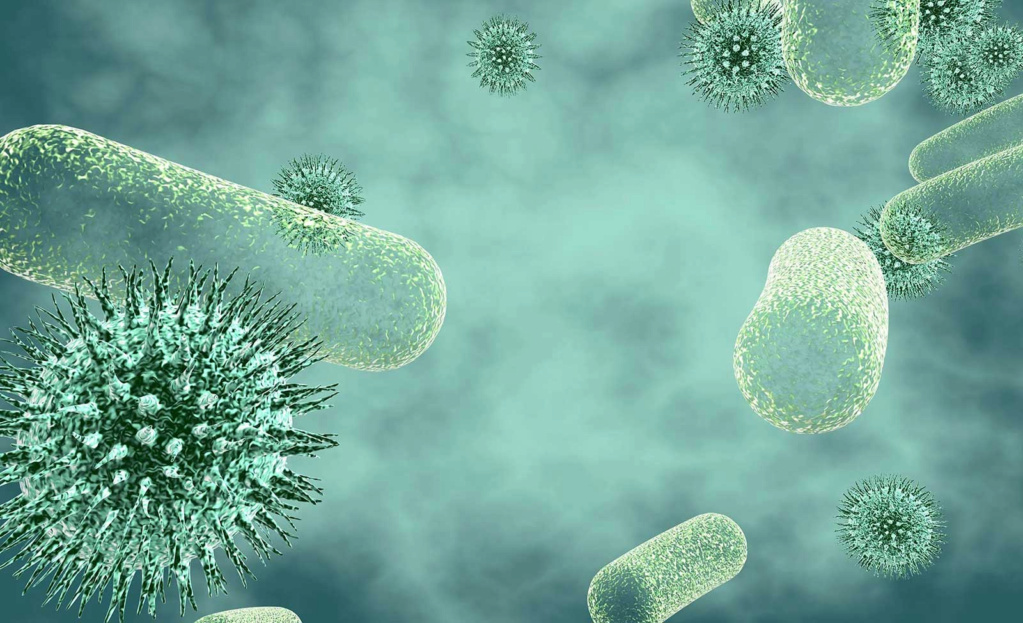Scientists discover the first organism that eats viruses

Various organisms consume plants, meat, algae, insects, and bacteria, but now scientists have discovered something new that has joined the list, namely viruses. A team of scientists from the University of Nebraska-Lincoln in the United States has discovered the first organism that eats viruses.
Scientists discover the first organism that eats viruses.
Scientists have called the virus-eating organisms virovore.
The researchers plan to further investigate this phenomenon, including its impact on food webs and larger systems such as the carbon cycle.
Researcher John DeLong of the University of Nebraska-Lincoln thought that because viruses are so ubiquitous, they are bound to be consumed by living things by chance, so he wanted to find out if any microbes eat viruses, and whether such a diet could support the physiological growth of individuals. and population growth of the community.
Speaking of viruses, DeLong said: “They're made of really good stuff (nucleic acids, lots of nitrogen and phosphorus). Everything has to eat them. Something is definitely going to learn to eat these really good stuff.”

To test the hypothesis, DeLong and his team collected pond water samples, isolated different microbes, and then added large amounts of chlorella virus, a freshwater inhabitant that infects green algae. Over the next few days, the team tracked the group size of the viruses and other microbes to see if the microbes were eating the viruses.
Scientists have noticed that there is a certain microbe that feeds on viruses - a ciliated species known as Halteria. In water samples with no other food source for the ciliates, the number of halteria grew about 15-fold in two days, while levels of chlorella virus decreased 100-fold, while in samples without the virus, halteria did not grow at all.

In follow-up tests, the team marked the DNA of the chlorella viruses with a fluorescent dye, and found that Halteria cells quickly began to glow. This helped confirm that Halteria was indeed consuming the virus.
These experiments show that the new term "virovory" can now take its place between "herbivory", "carnivory" et al., with Halteria crowned as the first known virus-eater. But of course, they are unlikely to be the only ones that eat viruses.
Notably, the researchers plan to further investigate this phenomenon, including its impact on food webs and larger systems such as the carbon cycle.
Source : websites

